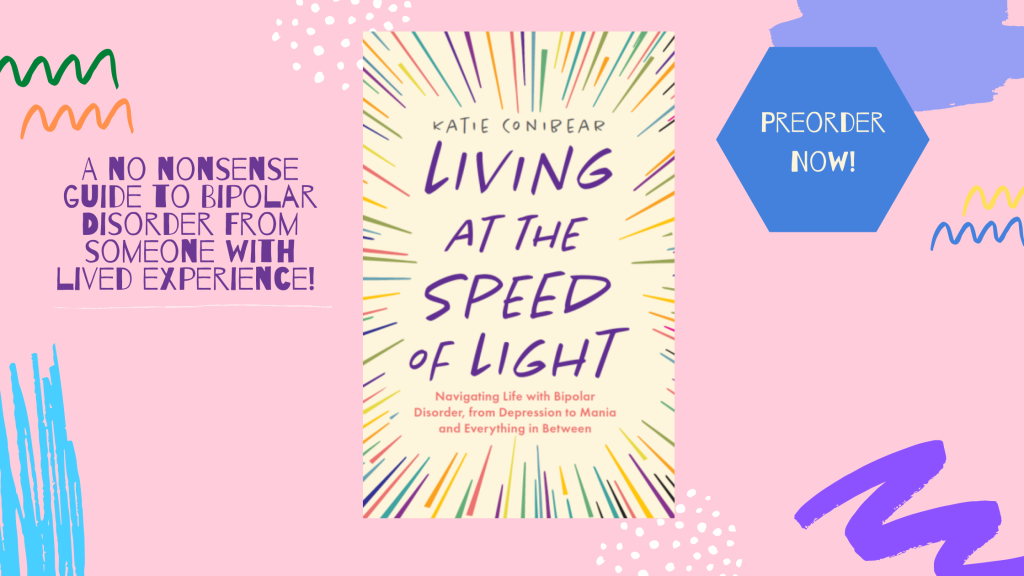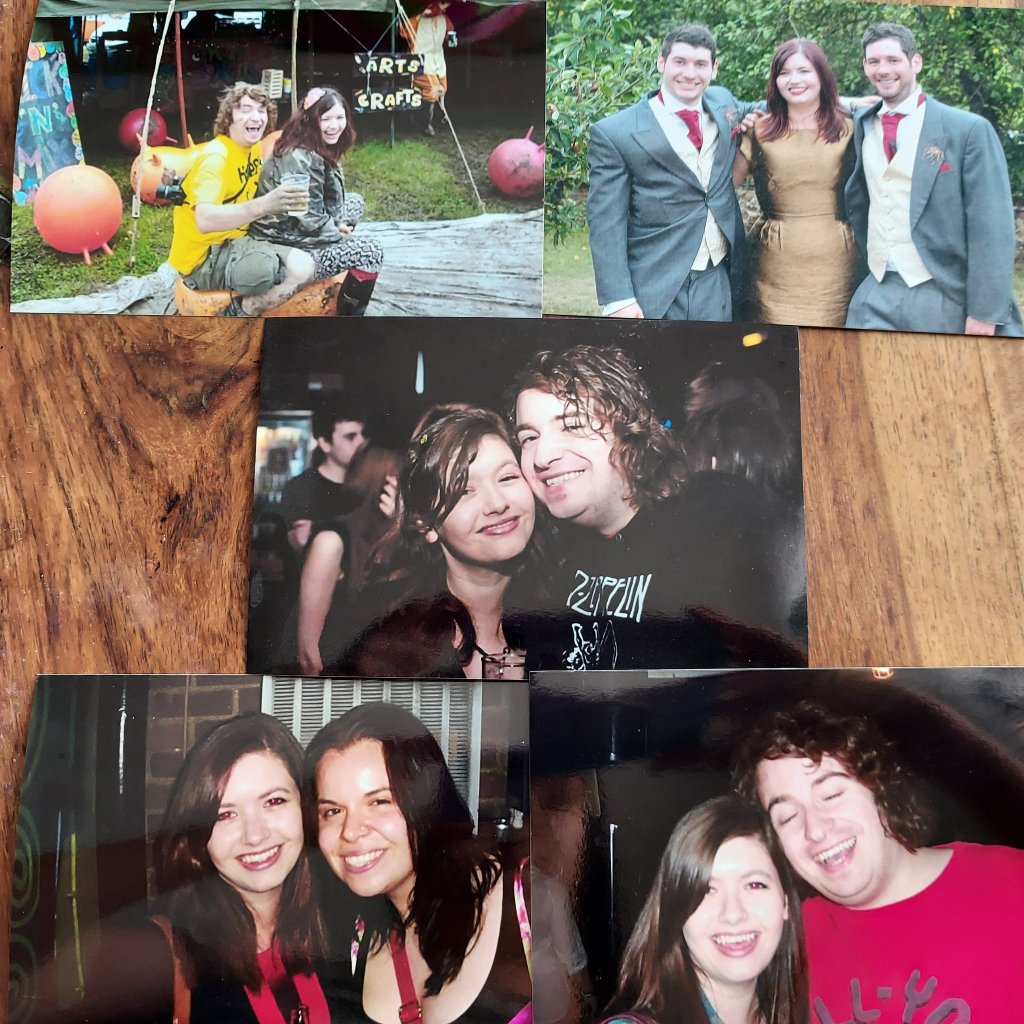Depression is common, but it’s also common for people to freak out and not know how to support a friend. Below, I’ve listed a few ways in which you can help a friend with depression.
Listen
Listening, real, active listening, can be your superpower. Hearing what someone has told you means you can then validate their feelings, and make them feel less alone. Ask questions to get more information, rather than assuming you understand. Instead repeat back what they’ve told you in your own words, so they can see you’ve heard. Don’t make it about you and your own experiences, listen and show empathy; do this by showing your interest in what they’re telling you, through your words and body language.
Help them find support
This is easier said than done, but if you can help them get the ball rolling, by encouraging them to make that first phone call, taking them to appointments, or even advocating for them at appointments, it’s better than doing nothing. Depression can make people isolate themselves, and that includes accessing therapy and going to appointments. Check up on them and encourage them to continue with their treatment, by doing one of the above.
Offer to help practically
Practical help can be just as vital as listening. Knowing your place is a mess for instance, can make you feel guilty and worthless. They might need help shopping for groceries and essentials, or help tidying their home or room. It’s important to not take over and do absolutely everything for them. It can make them too reliant on you, or even make them feel guilty and like a burden. Try to share out the workload if you can, or offer to do something they absolutely feel they can’t face.
Don’t pressure them – but don’t exclude
When someone is depressed, they’ll be less sociable. It might feel frustrating when they’re invited out, but refuse to go. Don’t pressurise them or make them feel guilty for not going out. This doesn’t mean ignoring them completely though. You can still include them by extending an invitation. Try saying something along the lines of, ‘we’re going to the pub, you’re welcome to come if you’re feeling up to it.’ Acknowledging they’re having a difficult time, will make it easier on them if they feel they’re not ready..
Be patient
It can be a slow process for your friend to start feeling better and more like themselves. They’ll have good days when you think they’re ok, but then this could be followed by more bad days. Recovering from a bout of depression isn’t linear, and even when they’re in the middle of the storm, they might have days when they seem absolutely fine.
Stay in touch
Don’t let a friendship drift because they have depression! Staying in touch can make all the difference to them, especially during a time when other people might pull away, because they don’t know how to deal with it.
Learn about depression
One of the best gifts you can give a friend is simply learning more about depression. This doesn’t mean showering them with advice and ‘have you tried?!’ it’s reading up about what it’s really like, the signs and symptoms and what kind of support is out there. If you know the signs and symptoms, you will be more aware if they or someone else in your life becomes depressed. You can also share with them any information you’ve found on support groups etc.
Take care of yourself
Make sure to take time for you. Practise your own self care, and set boundaries around how much help you can provide, such as how much time you can spend on the phone talking to your friend.
And remember, this is still your friend. They haven’t suddenly changed into a stranger. You can still treat them and talk to them how you would at any other time.













